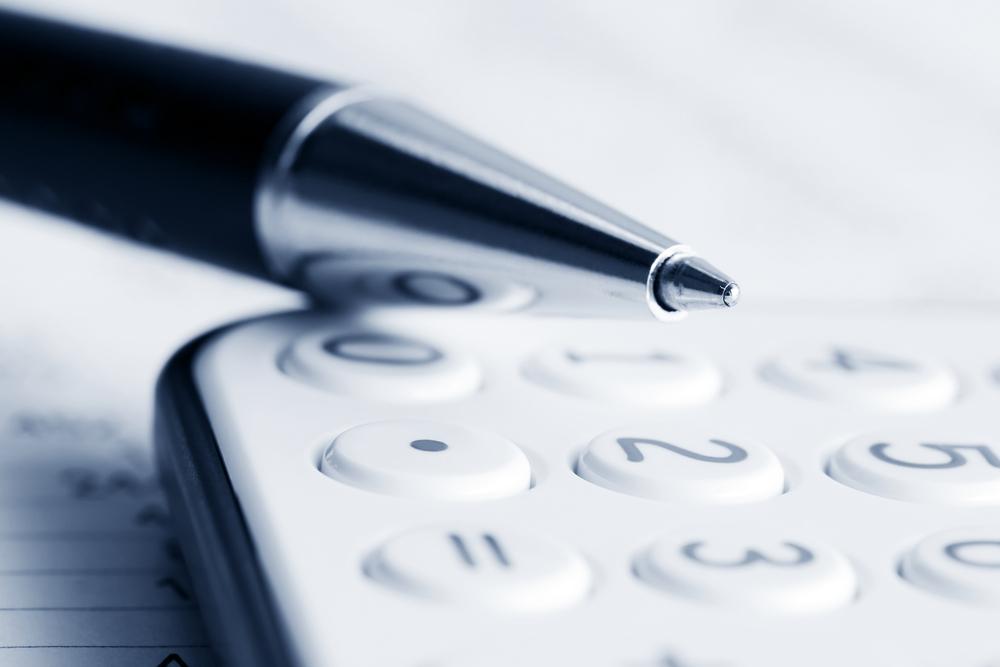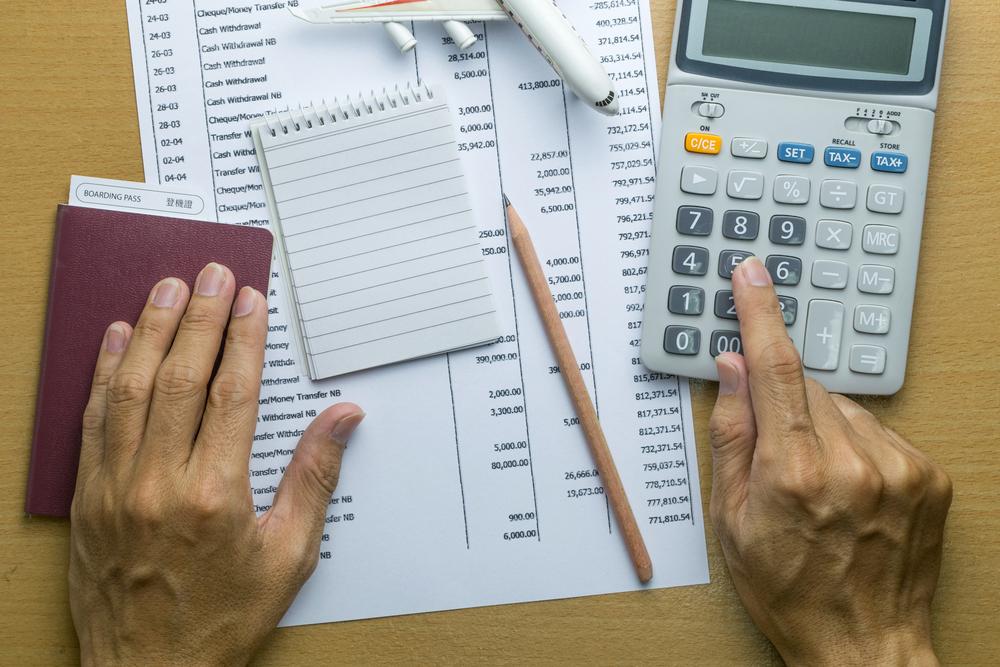Effective Strategies for Managing Your Personal Finances
Learn key strategies for managing personal finances effectively. This guide covers tracking income and expenses, setting savings goals, preparing for emergencies, and maintaining a flexible budget. Developing disciplined spending habits and adjusting your budget to life's changes can help you achieve long-term financial stability. Follow these practical tips to maximize savings, control expenses, and handle unforeseen expenses with confidence. A balanced budget is essential for reaching your financial objectives and ensuring financial security in an ever-changing economic landscape.

Effective Strategies for Managing Your Personal Finances
Ever wonder where your money vanishes at the end of each month? Creating a well-structured budget helps you monitor and control your expenses effectively. Every cent counts when managing your finances. Since budgets vary based on individual lifestyles and professional commitments, understanding your spending habits is crucial. Tracking where your money goes enables you to organize your finances better and plan for future goals.
Monitor Income and Expenses
Begin by consolidating your financial documents such as salary slips, bank statements, bills, and investment records. Use a spreadsheet or a financial app to record these details. Categorize your expenses into housing, entertainment, savings, transportation, and miscellaneous to compare your monthly earnings with expenditures. This step is fundamental for sound financial management.
Set Savings Goals and Control Spending
Use digital tools or traditional ledgers to track your budget regularly. Consistent updates will help you stay on top of your financial targets and identify areas to cut costs. Setting clear limits encourages disciplined spending and maximizes your savings over time.
Establishing realistic financial goals allows you to plan for the long-term, whether saving for a big purchase or retirement.
Prepare for Unexpected ExpensesDesign your budget to accommodate unforeseen circumstances. With fluctuating prices for essentials such as fuel and groceries, having an emergency fund is vital. Allocate a portion of your income regularly to this fund to ensure you’re ready for any financial setbacks.
Review and Modify Your Budget
Life is constantly changing, and so should your budget. Adapt it to new circumstances for continued financial progress. The goal is to maintain a balance that helps you achieve your financial objectives efficiently.
Stick to Your Budget
Resisting impulse spending is the most challenging part, especially initially. A budget offers valuable insight into your spending habits and helps develop disciplined financial behavior. Over time, it makes you a smarter consumer and improves your financial stability.










